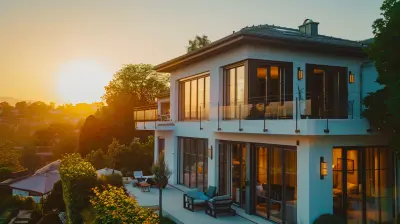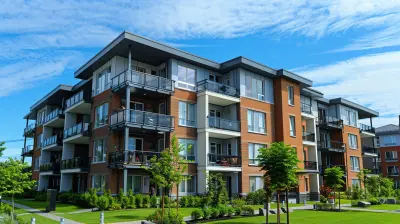How to Buy a Home That Fits Your Long-Term Goals
2 October 2025
Buying a home is more than just locking down four walls and a roof — it’s about planting roots, building a future, and choosing a space that aligns with who you are and where you’re headed. Whether you're a first-time buyer or a seasoned homeowner, making a smart real estate move starts with a long-term mindset.
In this guide, we’re diving into how to buy a home that doesn’t just satisfy today’s wants but supports your lifestyle, dreams, and goals for years — even decades — to come.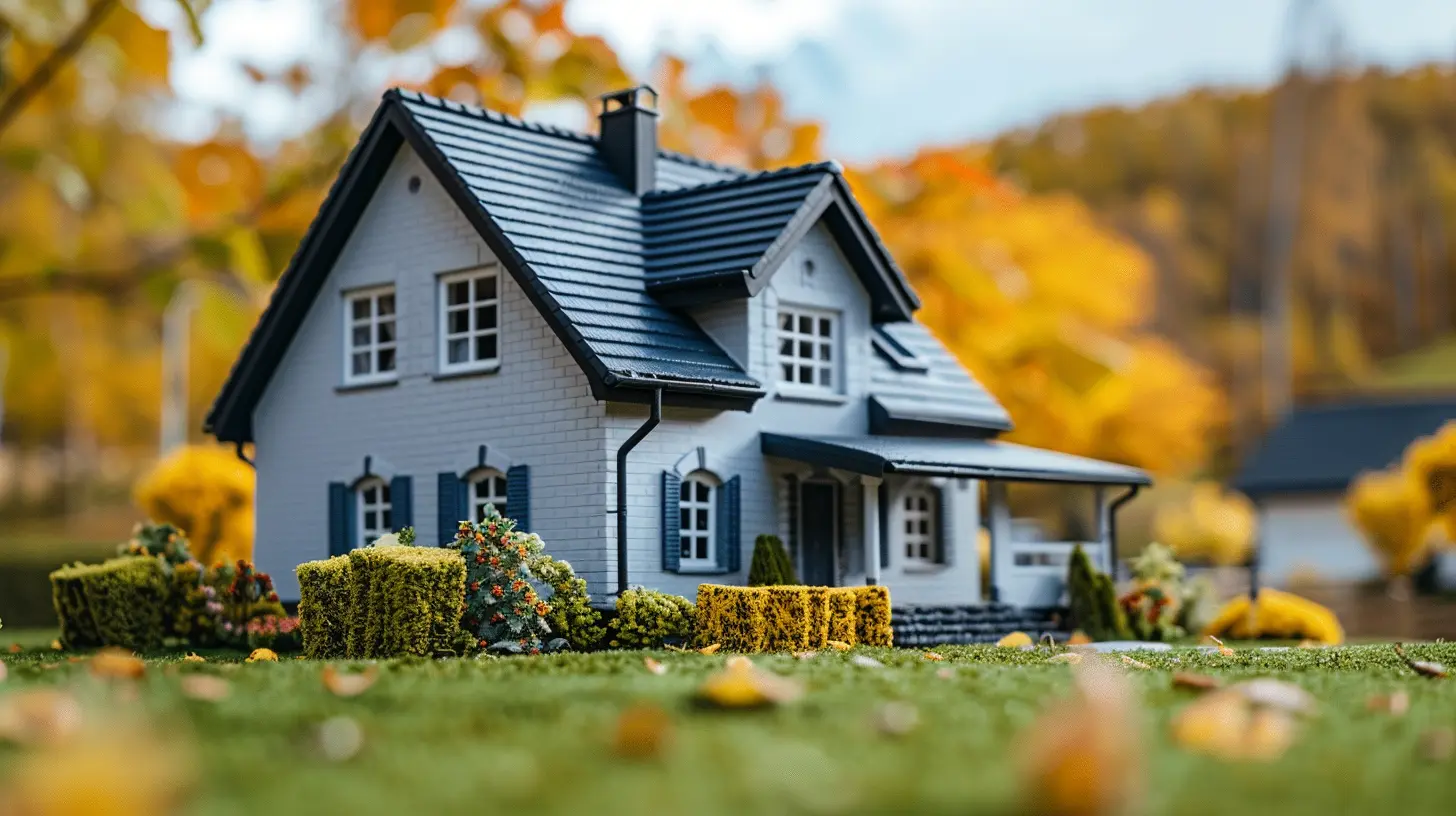
Why Long-Term Thinking Matters in Home Buying
Let’s be real — buying a home is probably the biggest financial decision you’ll ever make. But it’s not just about the money. It’s about your lifestyle, your family, your career, and your big-picture goals.Think of buying a home like planting a tree. You don’t just drop the seed anywhere. You carefully choose the soil, the sunlight, and the space it needs to grow tall and strong. Your home should be exactly that — a place that gives you room to grow.
If you only focus on what you want right now (like a fancy kitchen or a flashy zip code), you might find yourself itching for a move in just a few years. That’s costly, stressful, and could have been avoided with just a little long-term planning.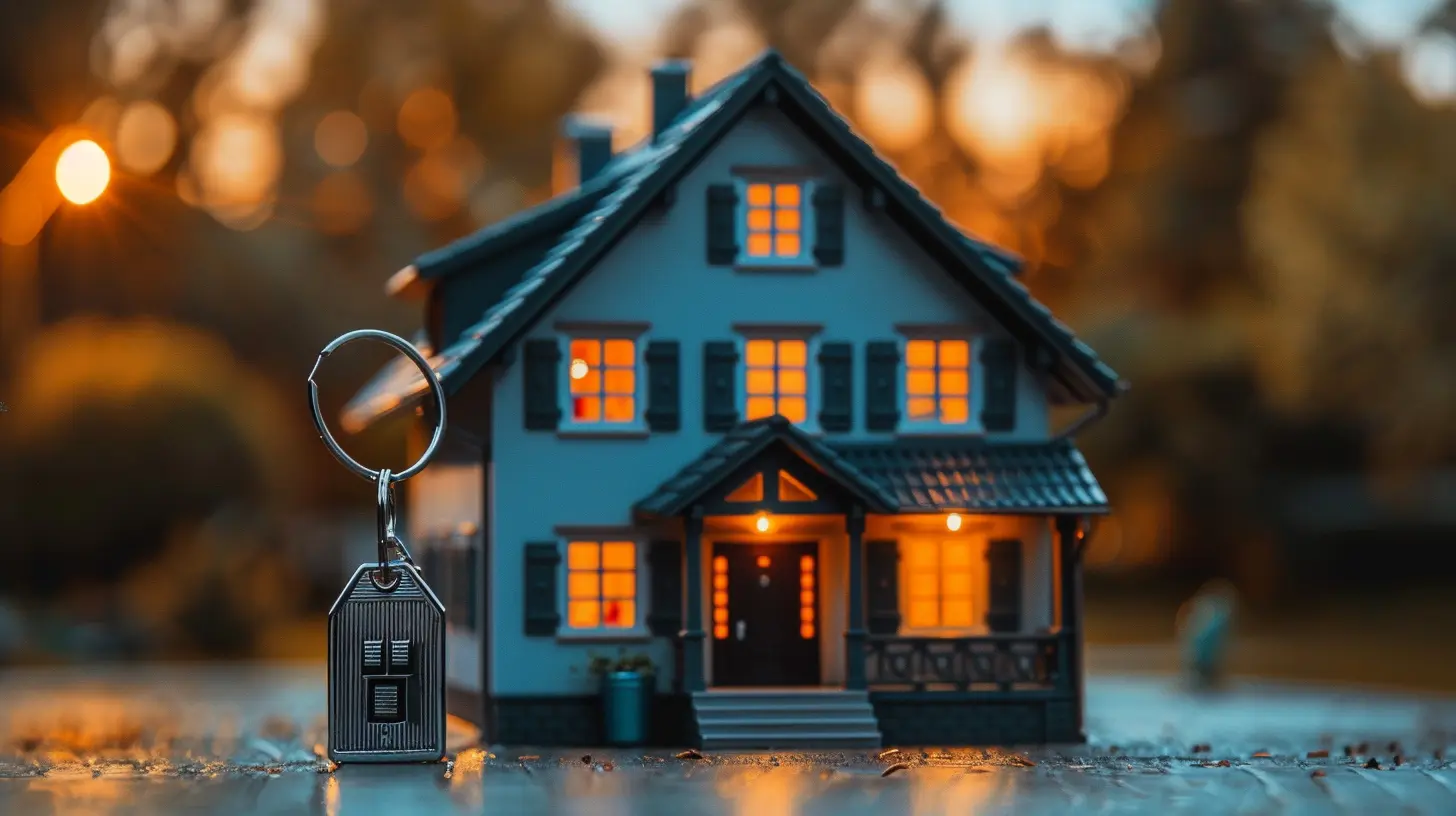
Step 1: Define Your Long-Term Goals
Before you even peek at Zillow or call a real estate agent, take a deep breath and think: Where am I headed?Ask the Right Questions
To get crystal-clear on your future, ask yourself:- Where do I see myself in 5, 10, 20 years?
- Do I want to grow a family, start a business, or retire early?
- How stable is my job or career path?
- Do I want to live in the same city long-term?
These questions might seem big and overwhelming, but they’re your compass. They help you figure out what kind of home will support your journey — not just your “right now.”
Make a Goal Map
Grab a notepad and sketch out your future in three stages:1. Short-term (1–3 years): Will you work from home? Need space for a new baby? Want to host friends and family?
2. Mid-term (3–7 years): Will your kids need to be in a good school district? Will your income grow?
3. Long-term (7+ years): Do you want to retire early? Rent out part of your property? Sell and upgrade later?
Mapping this out helps you choose a home that adapts with your life, not one you’ll outgrow too soon.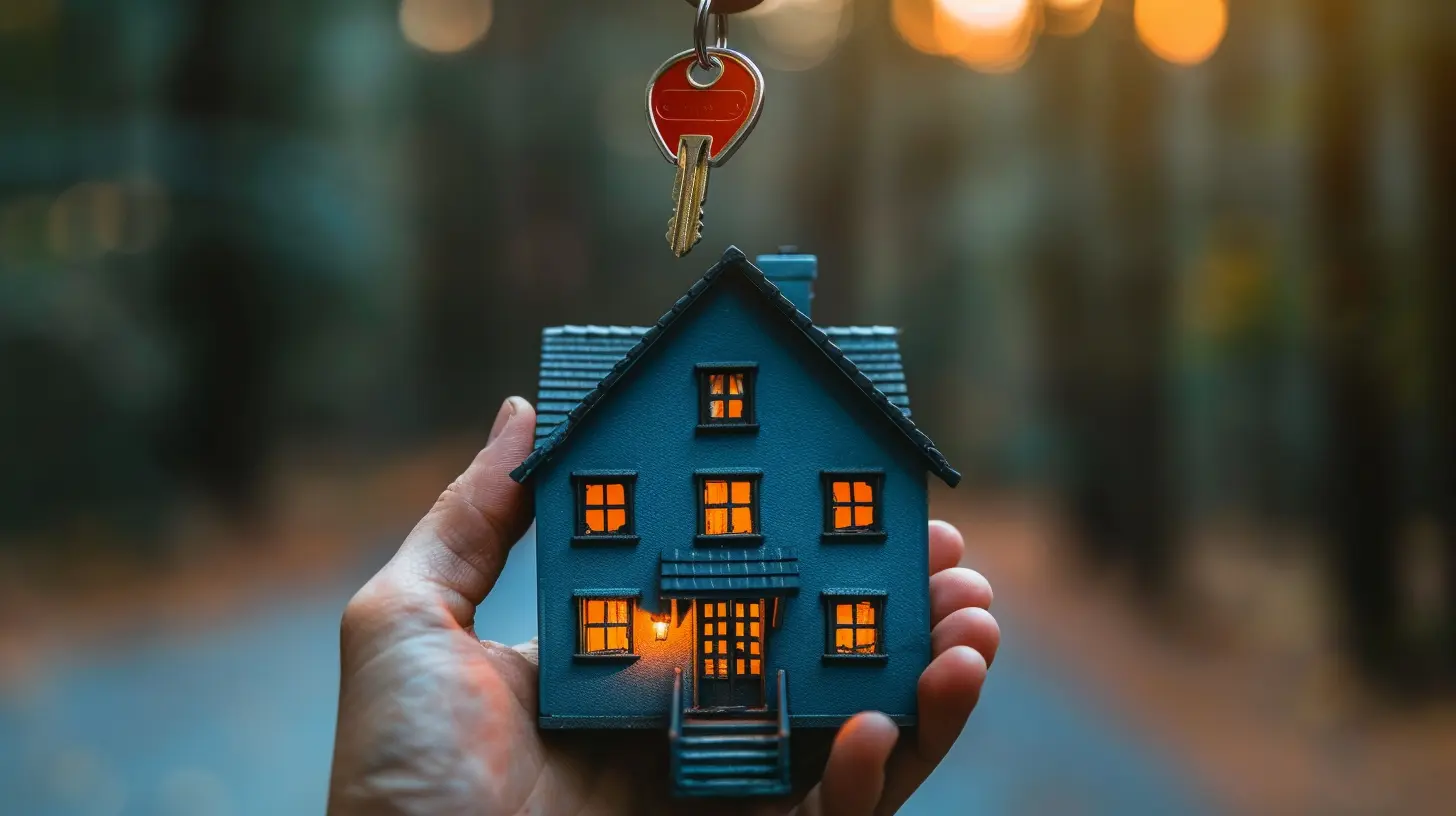
Step 2: Location, Location… (Yeah, You Know the Rest)
You’ve heard a thousand times that “location is everything,” and — surprise — it’s totally true. But let’s take it a step further: Choose a location that fits your future life, not just your current commute.Think Beyond the Commute
Don’t just ask, “How close is this to work?” Instead, think:- Will I want to be near good schools later?
- Is this a safe, walkable neighborhood if I have kids or retire?
- What’s the vibe of this community — does it match me?
- Will property values here likely go up, stay steady, or drop?
Remember, you can renovate a kitchen, but you can’t pick up your house and move the neighborhood.
Watch for Growth Potential
Keep an eye on areas that are poised for development. These are places with:- New businesses opening
- Infrastructure improvements (roads, schools, parks)
- Lower home prices that appear to be rising steadily
Buying in the right area can mean your home isn’t just your sanctuary — it’s your smartest investment.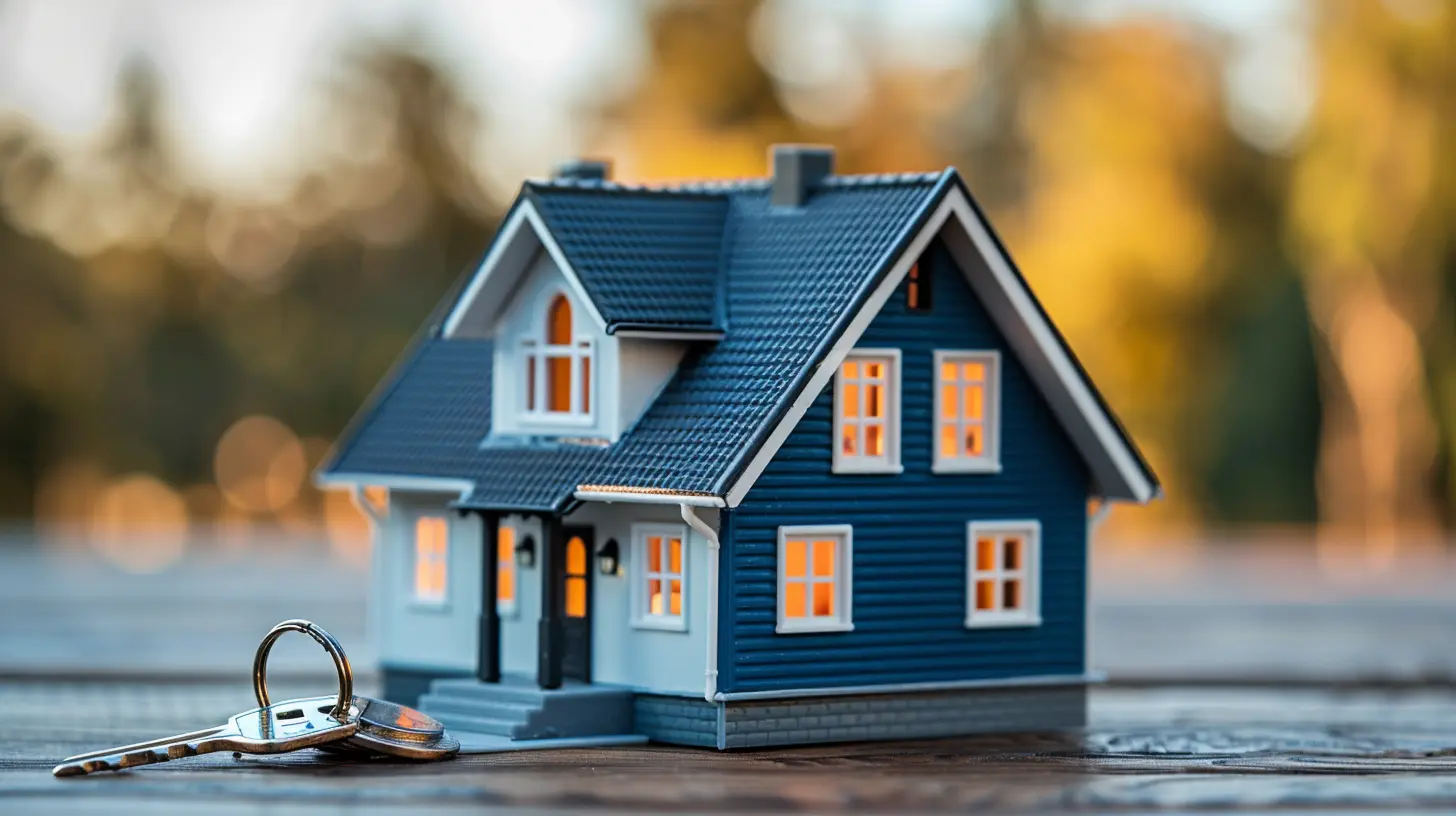
Step 3: Pick the Right Type of Property
Let’s get personal. What kind of home fits you best?- Single-family house: Great for privacy, space, and growing families.
- Townhome: A middle ground for those who want less maintenance but more room.
- Condo: Ideal for urban professionals, empty nesters, or anyone who hates mowing the lawn.
Choosing the right type of home depends on how you want to live now and later. Don’t go for the biggest or fanciest — go for what fits.
Stay Flexible, But Realistic
Sure, you might dream of a massive backyard and a three-car garage, but if you can barely afford it today, it may not be worth the stress. On the flip side, don’t go so small that you're looking to upgrade within a year or two.Find that sweet spot — a home that stretches you a bit, but doesn’t snap you in half financially.
Step 4: Get Your Finances Aligned with Your Vision
Alright, let’s talk money (yeah, we had to go there).Your Mortgage Should Match Your Goals
Most people only think about whether they can afford the monthly payment today. But what about tomorrow?Let’s say you plan to have kids in a few years or one spouse will stop working for grad school — will your budget still hold up?
Pro tip: Keep your mortgage payments (including taxes and insurance) under 28% of your gross monthly income. That leaves room for the unexpected and your future plans.
Don’t Forget the Hidden Costs
Buying a house isn’t just about the sticker price. There’s:- Closing costs
- Property taxes
- Homeowners insurance
- Maintenance and repairs
- HOA fees (if applicable)
If you don’t leave space in your budget for these, your dream home could turn into a financial sinkhole.
Step 5: Think About Resale Value (Even If You Never Plan to Sell)
Sounds weird, right? Why care about resale value if this is your “forever home”? Because life changes. People grow, priorities shift, job offers pop up, and family needs evolve.A home with good resale value gives you options. You can sell, rent, or leverage that equity to buy something else.
Look for These Resale Boosters
- Good school districts- Safe neighborhoods
- Curb appeal and smart layouts
- Energy-efficient features
- Updates to kitchens and bathrooms
Even if you’re not planning to flip the home, these elements make sure your investment holds value over time.
Step 6: Visualize Living There — 10 Years from Now
Close your eyes and fast forward. You wake up in this house a decade from now. What does life look like?Can you picture:
- Kids running down the hallway?
- Hosting holiday dinner in a cozy dining room?
- Working from home in a peaceful office?
- Aging in place with minimal stairs to climb?
If you can’t imagine yourself living there long-term, it’s probably not the right fit — no matter how tempting the quartz countertops are.
Step 7: Use the Right Team to Help You
You don’t have to do this alone. In fact, you shouldn’t.Find a Real Estate Agent That Gets You
Look for someone who:- Listens more than they talk
- Doesn’t push you into a quick sale
- Understands your long-term vision
- Knows the local market inside and out
This is your co-pilot. Choose wisely.
Consider a Financial Advisor
If you’re making this your forever home, loop in a financial pro. They can help you:- Figure out a smart down payment
- Evaluate the investment potential of the home
- Ensure your other goals (retirement, travel, etc.) stay on track
Step 8: Don’t Rush It — This Is a Marathon, Not a Sprint
Buying a home that fits your long-term goals isn’t like grabbing takeout on a Friday night. It takes time, patience, and a lot of reflection.Give yourself grace. The right home is out there — one that fits your needs now and grows with you later. Don’t settle for something that “kinda works.” You deserve better.
Feel confused? Overwhelmed? That’s totally normal. But don’t let panic make the decision for you. When you buy with your future self in mind, you won’t just find a good home — you’ll find the right one.
Final Thoughts: Your Future Starts Now
Buying a home that aligns with your long-term goals isn’t just a smart move — it’s a powerful one. It’s a declaration of who you are and the life you’re building. Take the time, do the planning, and trust your gut.A home is more than an address. It’s your story waiting to be written. So choose one that gives you the space — literally and figuratively — to become everything you’re meant to be.
Your future self will thank you.
all images in this post were generated using AI tools
Category:
Buyers GuideAuthor:

Elsa McLaurin
Discussion
rate this article
1 comments
Simone Foster
This article provides valuable insights into aligning home purchases with long-term aspirations. Thoughtful considerations can truly enhance the buying experience and lead to lasting satisfaction in your investment.
October 4, 2025 at 4:37 AM

Elsa McLaurin
Thank you for your thoughtful comment! I'm glad you found the insights valuable for aligning home purchases with long-term aspirations.
